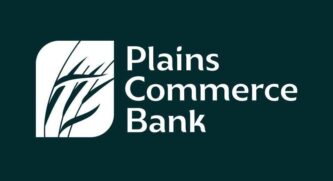
Protecting Personal Information Guide for Businesses
Most companies keep sensitive personal information in their files—names, Social Security numbers, credit card, or other account data—that identifies customers or employees. This information often is necessary to fill orders, meet payroll, or perform other necessary business functions.
However, if sensitive data falls into the wrong hands, it can lead to fraud, identity theft, or similar harms. Given the cost of a security breach—losing your customers’ trust and perhaps even defending yourself against a lawsuit—safeguarding personal information is just plain good business.
Some businesses may have the expertise in-house to implement an appropriate plan. Others may find it helpful to hire a contractor. Regardless of the size—or nature—of your business, the principles in the FTC's Protecting Personal Information Guide for Business will go a long way toward helping you keep data secure.
